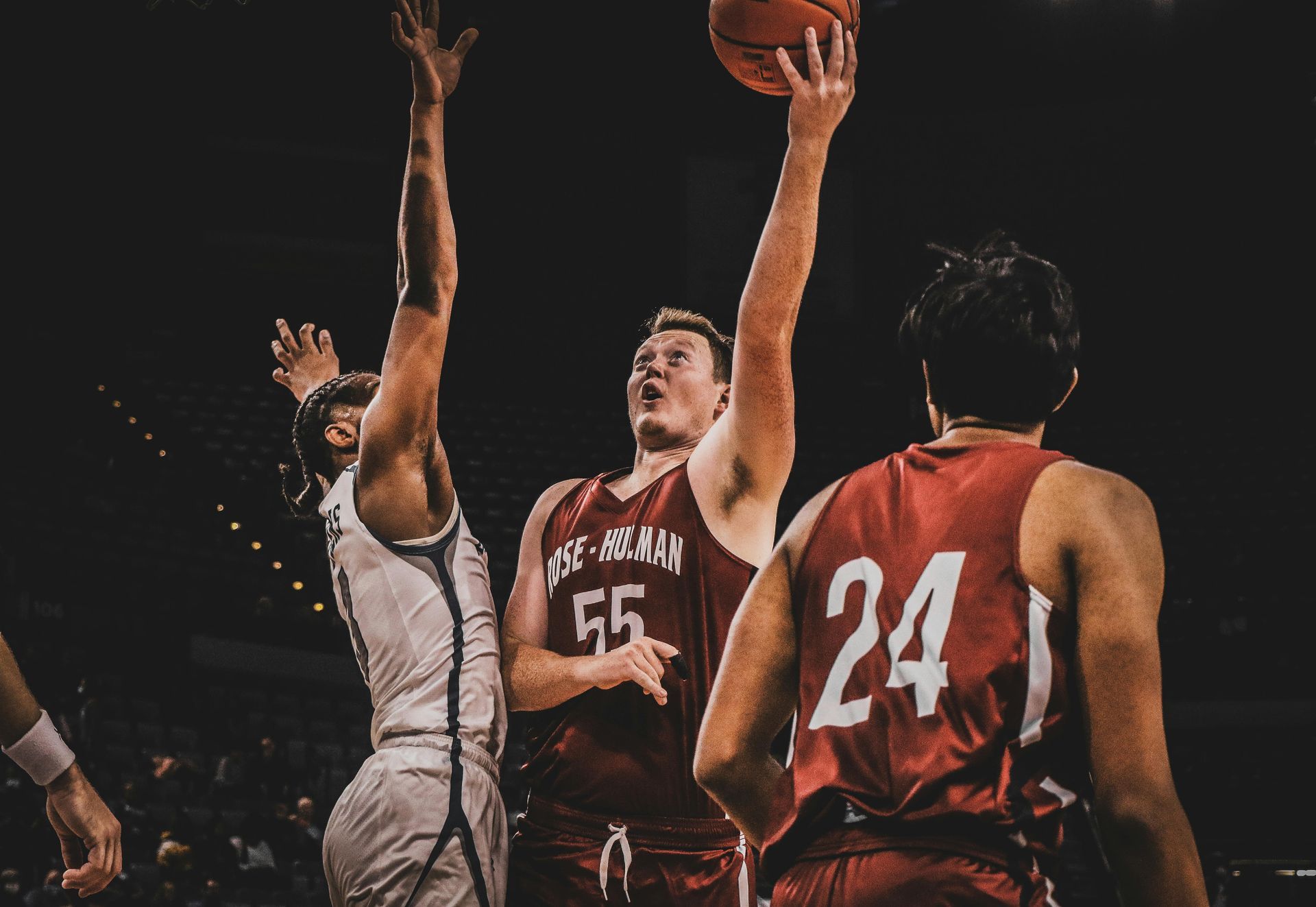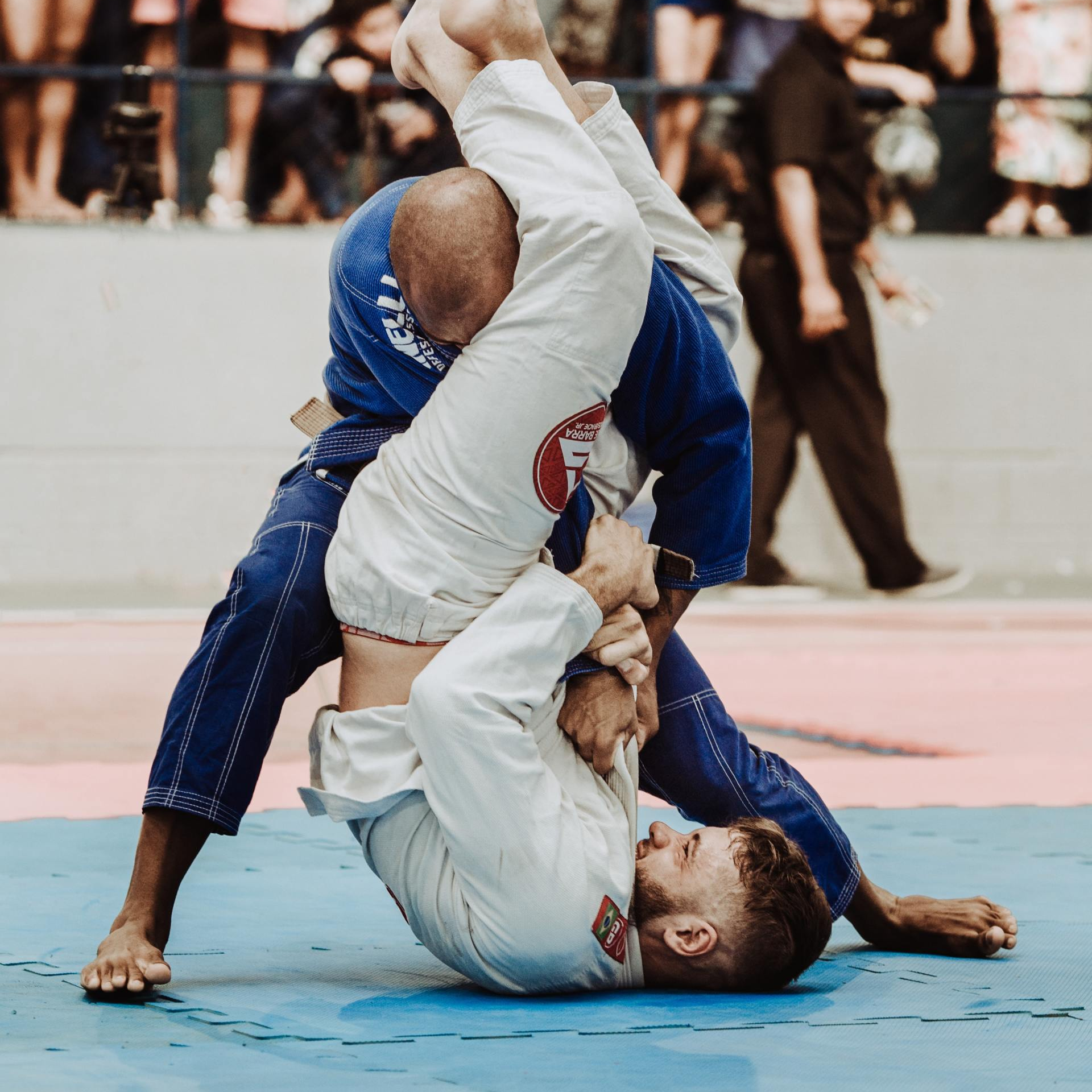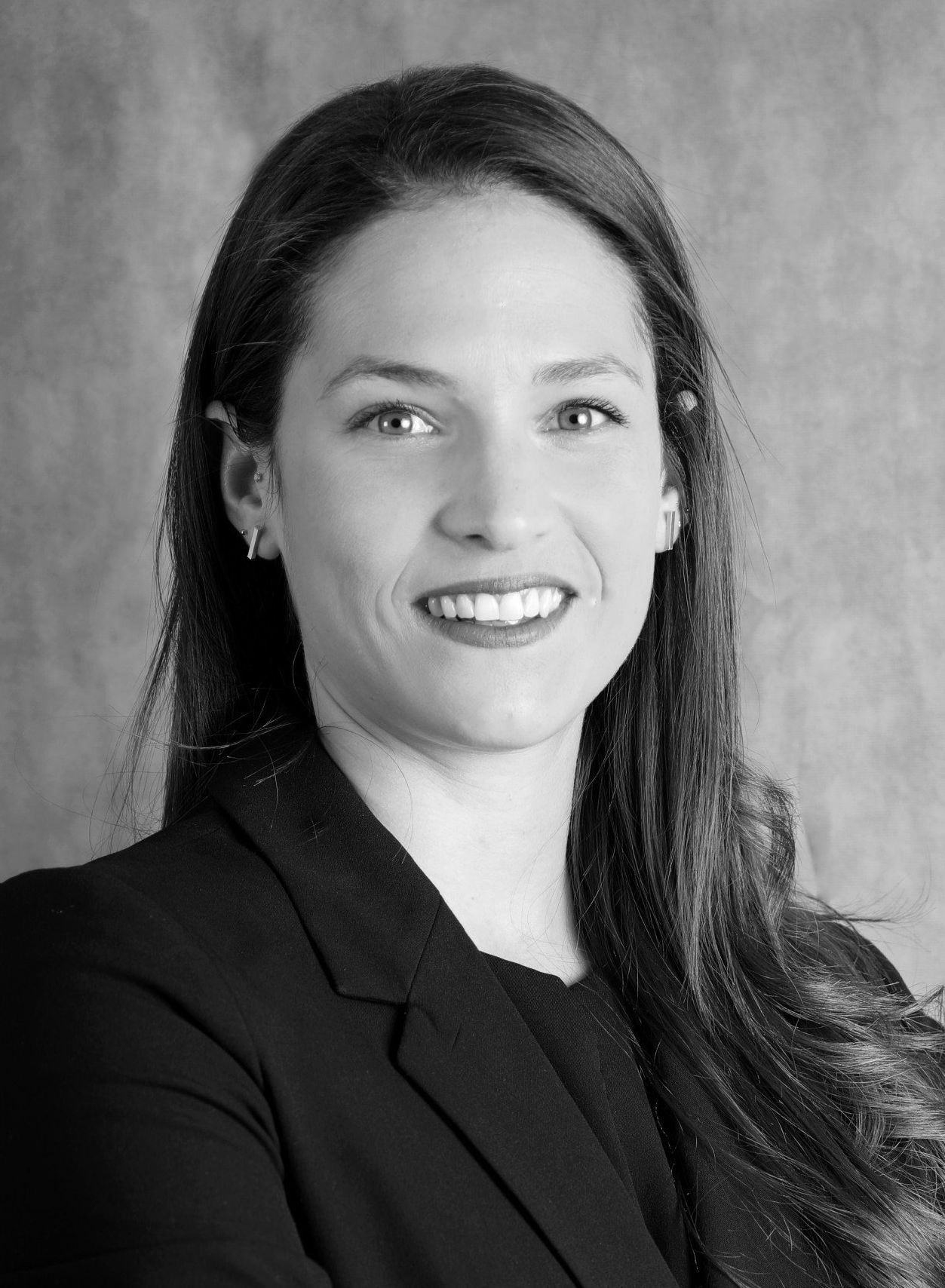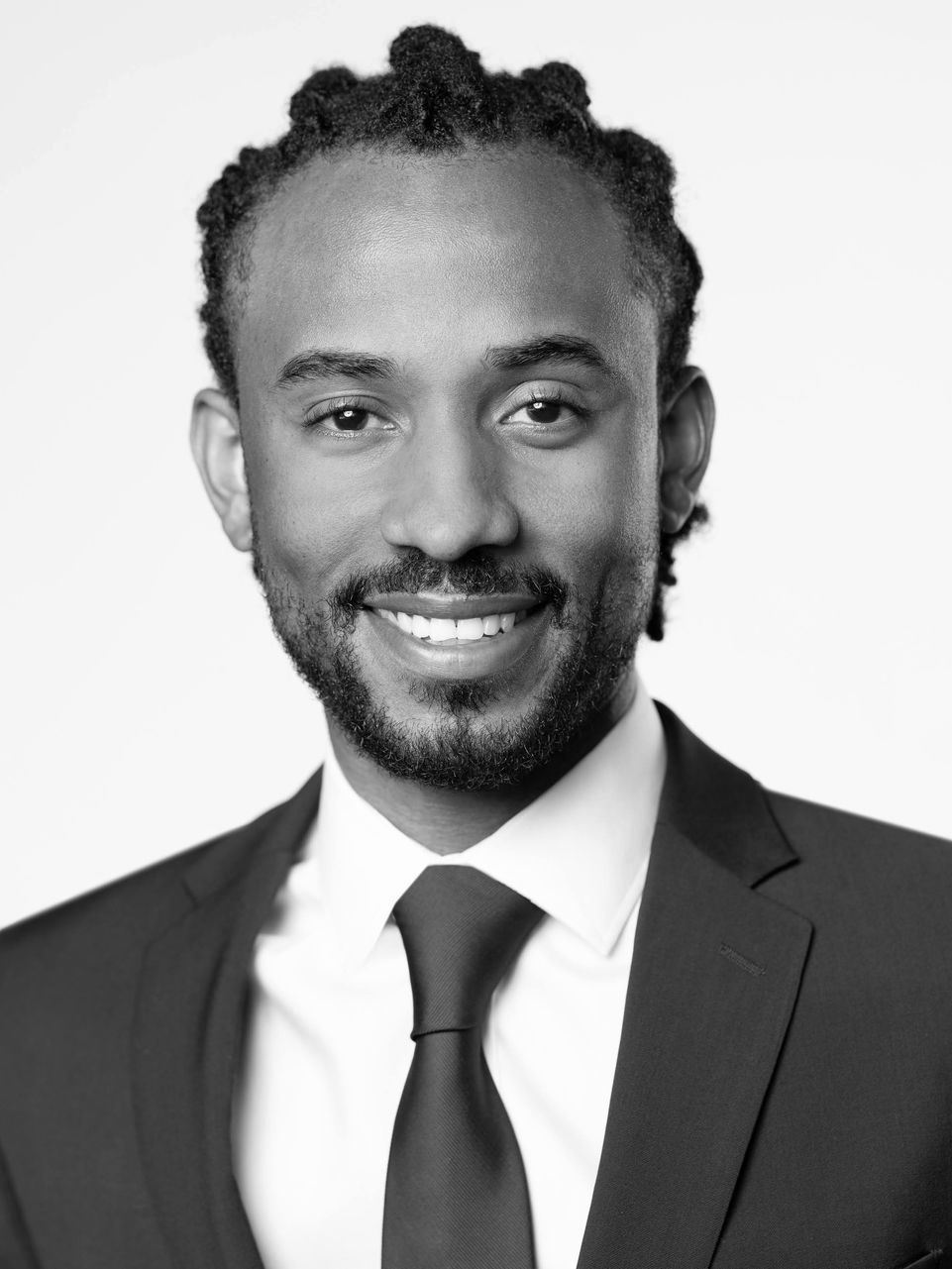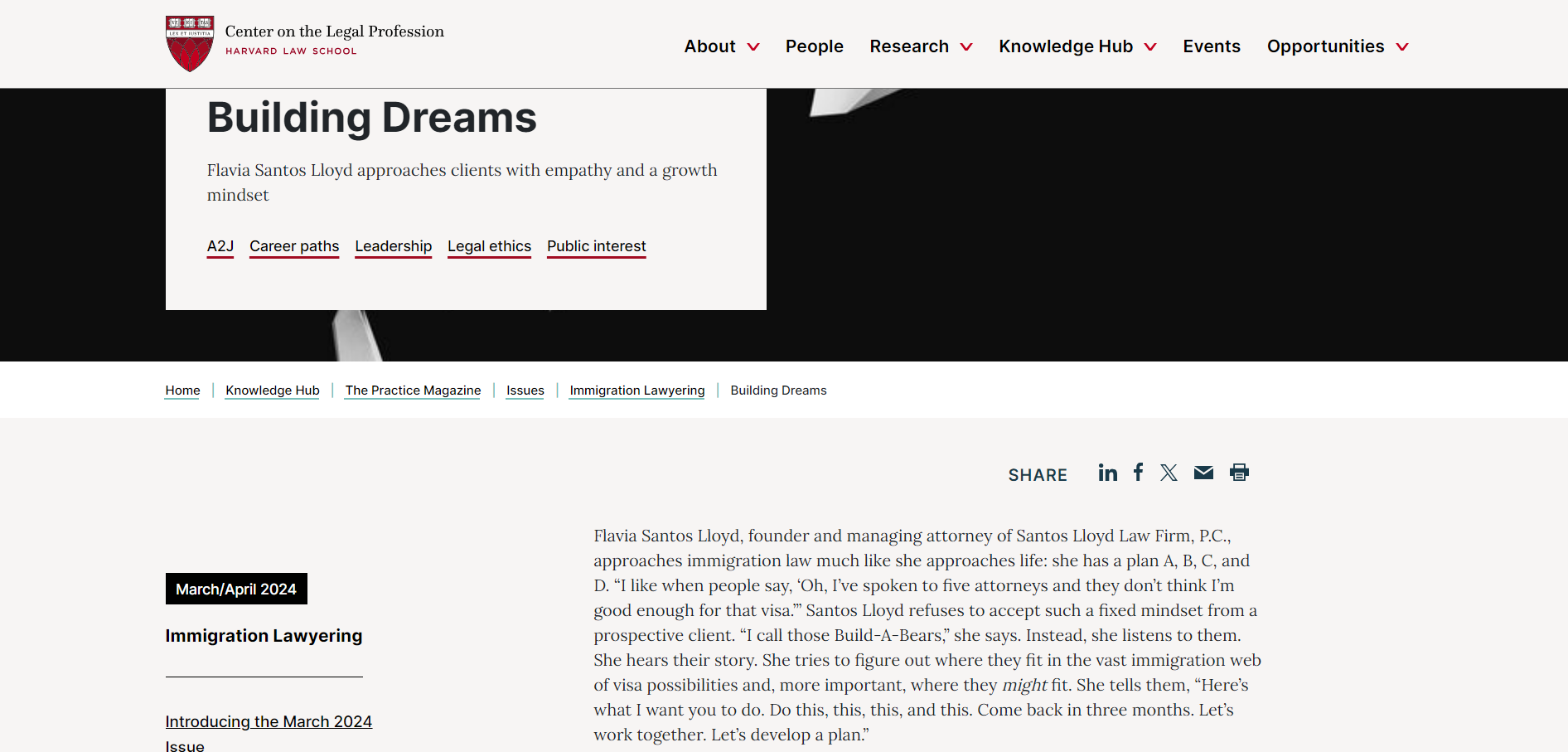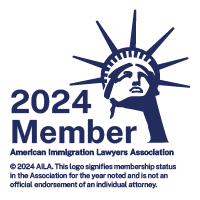Последние обновления
Наши услуги и команда
Юридическая фирма Santos Lloyd, PC создала множество областей практики, каждая из которых состоит из подобластей специализации. Наши юристы обладают глубокими юридическими знаниями и ноу-хау каждой юрисдикции, охватывающими следующие области:
Бизнес
Семья
Развлечение
Спортсмены
Студент
Прочие юридические услуги
Наша команда
Наши иммиграционные адвокаты имеют большой опыт работы в иммиграционном законодательстве и могут гарантировать вам компетентное и эффективное юридическое представительство при получении законной неиммиграционной визы или постоянного места жительства.

Флавия Сантос Ллойд, эсквайр.
Управляющий адвокат
Адвокат Флавия Сантос Ллойд увлечена иммиграционным законодательством и обществом, которому она служит. Будучи иммигранткой, г-жа Сантос Ллойд может рассказать об опыте своих клиентов во время иммиграционного процесса. Сосредоточив внимание на качественном обслуживании клиентов, ревностном и усердном представлении своих клиентов и проверенной репутации, она удовлетворила широкий спектр иммиграционных потребностей своих клиентов.
Прежде чем окончить юридический факультет, г-жа Сантос Ллойд в течение 12 лет работала в сфере иммиграционного права в качестве старшего помощника юриста по вопросам иммиграции в ведущей иммиграционной юридической фирме округа Ориндж. В общей сложности г-жа Сантос Ллойд работает в сфере иммиграции более 21 года. Адвокат Сантос Ллойд и ее сотрудники свободно говорят на португальском, испанском и французском языках.
Мы социальные
Свяжитесь с нами
Мы можем помочь тебе!
- - или --
назначить встречу










